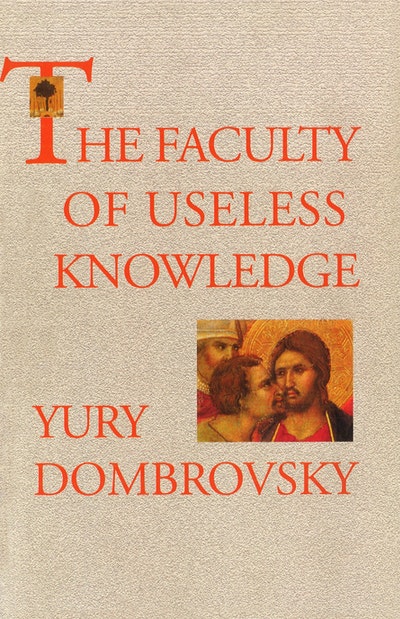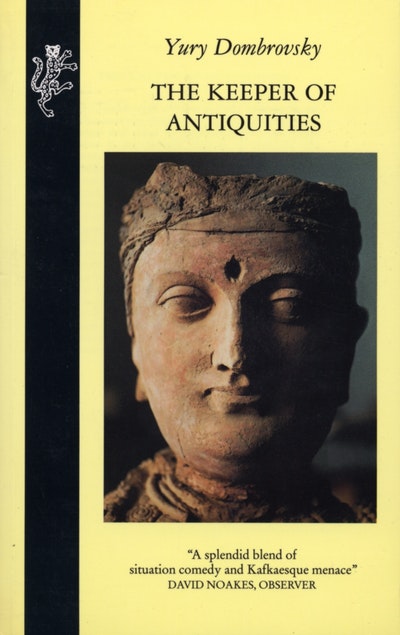- Published: 11 February 2013
- ISBN: 9781846556982
- Imprint: Harvill Press
- Format: Trade Paperback
- Pages: 512
- RRP: $42.99
The Faculty Of Useless Knowledge
- Published: 11 February 2013
- ISBN: 9781846556982
- Imprint: Harvill Press
- Format: Trade Paperback
- Pages: 512
- RRP: $42.99
There are moments in The Faculty of Useless Knowledge, amid the flashbacks and shifting points of view, when a kind of magic begins to tug at the surface
The New York Times Book Review
Drawing from personal experiences during his own sentencing and exile, Dombrovsky writes passionately and often humorously about the terrifying Soviet judicial system. Fear and chaos pervaded the lives of Russians in 1937, the height of Stalin's purges. During this time, Zybin, an archeologist in Alma-Ata, Kazakhstan, is wrongly accused of a crime and then forced through the labyrinthine prison system, in which the bureaucratic investigations are even more grueling than the physical punishment he endures. Meanwhile, all those who know him, including his young assistant, Kornilov (many of these characters were introduced in Dombrovsky's The Keeper of Antiquities, his only other novel translated into English), are subjected to long interrogations in which every word can be twisted to incriminate Zybin or even themselves. Theological arguments about justice weave their way throughout the novel, and, as in Bulgakov's The Master & Margarita, these discussions focus primarily on the person most active during Christ's trial?Pontius Pilate. Dombrovsky argues that Pilate was a weak governor, a mere bureaucrat who constantly feared for his position. The interrogators and prosecutors of the novel are allegorical Pilates. The young and frightened Kornilov breaks down and betrays Zybin, who, unlike Christ, is not willing to acquiesce to the system as it stands. Wonderfully written and darkly witty, Dombrovsky's novel, first published in Russia in 1978, draws us into the surreal world of Stalin's Soviet Union.
Publishers Weekly
An imposing fictional portrayal of the Stalinist terror, set in 1937 in the eastern Russian republic of Kazakhstan (on the Chinese border) and featuring themes and characters from Dombrovsky's earlier novel, The Keeper of Antiquities (1969)... Thickly textured, eloquently argued, as informative as it is dramatic: a superb novel that brings to our attention an important near-contemporary (Dombrovsky died in 1978) whose books belong on the same shelf with those of Bulgakov and Solzhenitsyn
Kirkus Reviews

